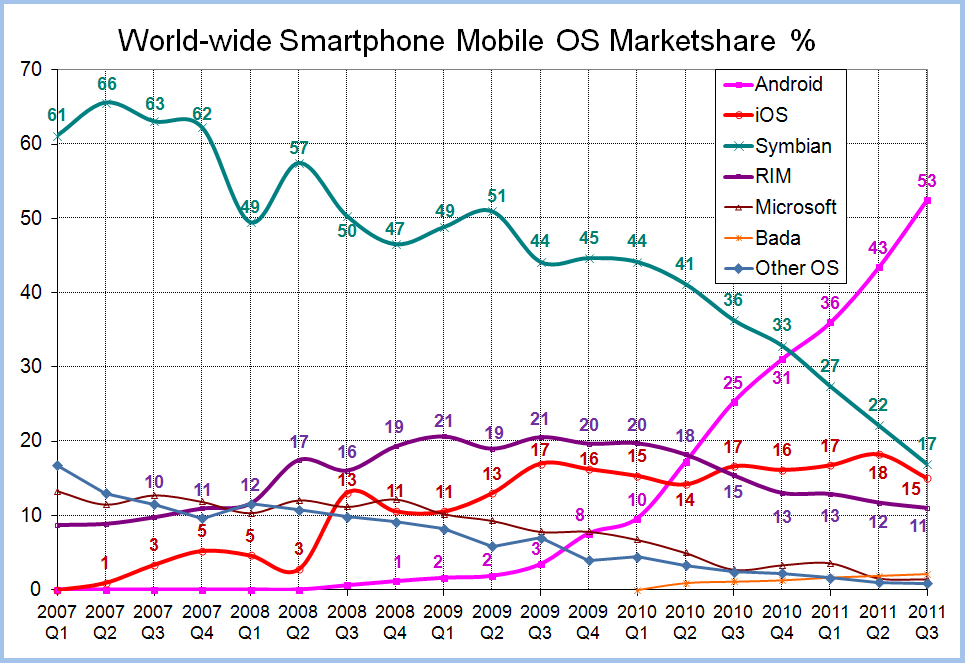At the beginning of 19th century, people were not moving around so much in their daily life. Most people lived in the same town though their entire life. It was not because they liked it so. They just had no choice because moving to a different town was not so easy. First, people moved on foot at about 5 km/h. Then, we got animals to help us move a little faster. As early as 1550, train was invented to take a large group of people over long distance. However, it was the invention of automobile that took personal mobility to a different level. It would be considered one of the most important inventions of human history. It brought so much potential and possibility to our everyday life. As crazy as it sounds, the very firstcar was built in 1769 and had a top speed of only 2.5 mph. After about 250 years, some cars can even move 100 times faster.
Modern cars are faster, safer, prettier and have many more
function than what people could ever imagine back in 18th
century. But the improvement of
technology has never stopped as Google introduced their driverless
automobile. The driver is a super
computer inside the car, using GPS and environmental sensors to not only drive
the car, but also make decisions on how to drive the car. Google claims that their driverless
automobile put human error the thing of the past.
In 2011, Nevada first legalized the driverless
automobiles. Then Florida
followed. Last week, California,
the state, which has 10% of US population, made a big decision on allowing
driverless cars on the road. It
tells us that another landmark change in the personal mobility is on the
way. Future that described in
sci-fi stories, where people can travel to places with a touch of bottom is
just steps away.
On the other hand, behind the glory of technology, there is
the concern of people’s acceptance to this new way to living. Traffic regulation is not the only thing
that needs to catch on to the speed.
People don’t like changes, so that many try to find all kinds of
downsides when a new technology is introduced. “Driving enthusiasts see them as the harbinger of a boring,
55 mph future. And politicians see them as high-tech boogeyman to scareseniors into voting booths.”
Recently, Consumer Watchdog rose the concern of the use of data that
driverless car collected in the course of driving. As the group's Privacy
Project director John Simpson wrote in a letter to Governor Brown,
"A law regulating autonomous vehicles must provide that
driverless cars gather only the data necessary to operate the vehicle and
retain that data only as long as necessary for the vehicle's operation.... It
should provide that the data must not be used for any additional purpose such
as marketing or advertising without the consumer's explicit opt-in consent.”
This is not he first time that a new technology faces
challenges from the society. But
at the end, we all know that technology would win and society will change for a
better future.


